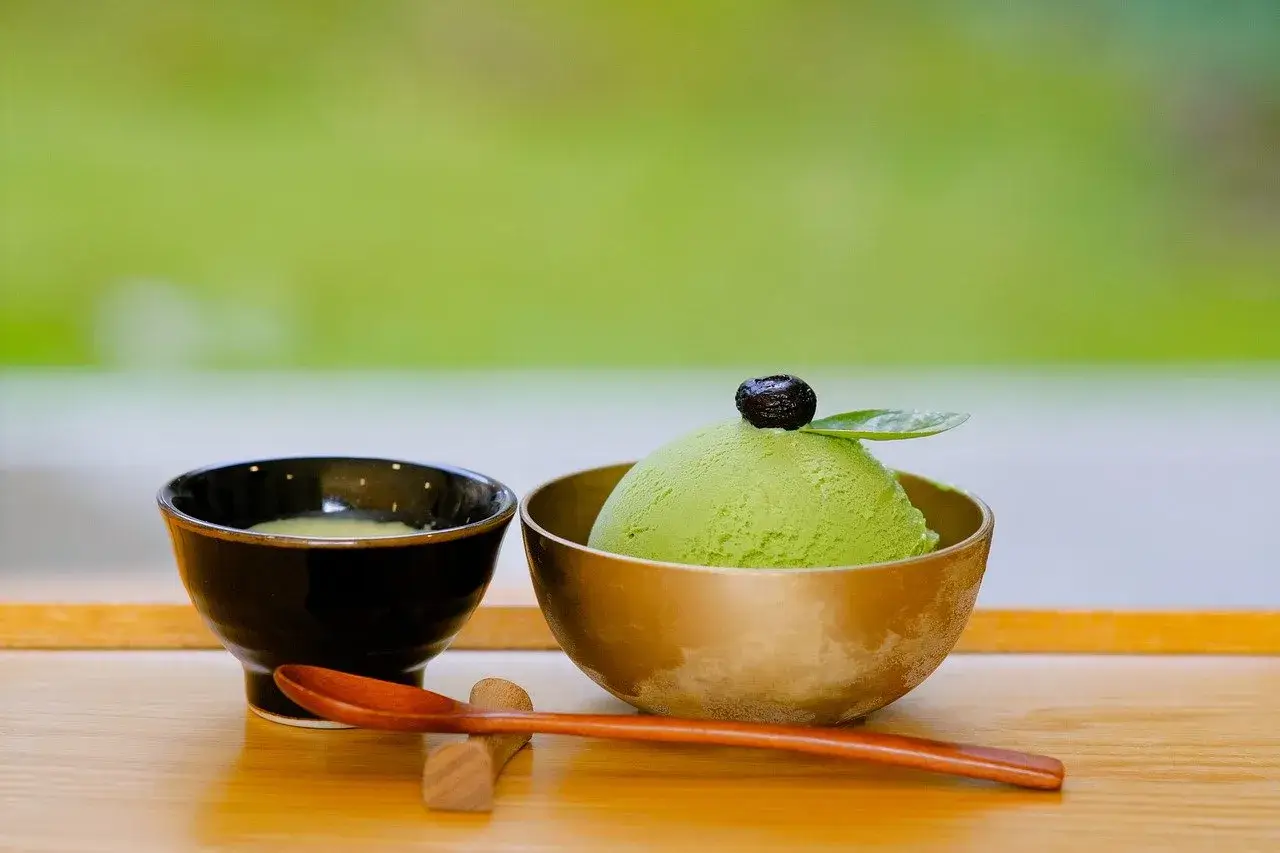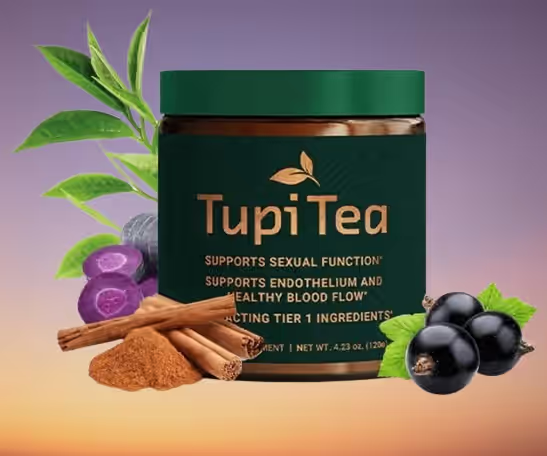Table of Contents
Green tea has long been celebrated in Japanese culture for its myriad of health benefits and rich flavors. However, there is one blend that has been growing in popularity both in Japan and globally—Sencha green tea with matcha. This potent combination not only provides an excellent flavor profile but also offers a wealth of health benefits that make it a top choice for tea enthusiasts. In this article, we’ll explore what makes sencha green tea with matcha unique, its many health advantages, and why it holds a special place in the tradition of green tea in Japanese culture.
What is Sencha Green Tea with Matcha?
Sencha is a type of Japanese green tea that is grown in direct sunlight, unlike matcha, which is cultivated in the shade. The leaves of sencha tea are steamed, rolled, and dried, resulting in a tea that is mild, light, and slightly sweet in flavor. Matcha, on the other hand, is a finely ground powder made from shade-grown tea leaves, which gives it a more vibrant green color and a richer, bolder taste.
When sencha green tea is blended with matcha, you get the best of both worlds. The smooth and mild flavor of sencha combines beautifully with the robust, earthy tones of matcha, creating a balanced tea that is both flavorful and packed with nutrients. Drinking sencha green tea with matcha allows you to enjoy a heightened sensory experience while reaping the full array of health benefits associated with both types of green tea.
👉 The Ultimate Green Fusion – Sip Sencha with Matcha Now! 👈
Sencha Tea Benefits: Why You Should Consider Adding It to Your Diet
One of the primary reasons people turn to sencha green tea with matcha is because of its incredible health benefits. Here are some of the top sencha tea benefits that make it a powerful addition to your diet.
1. High in Antioxidants
Both sencha and matcha are known for their high levels of antioxidants, especially catechins like epigallocatechin gallate (EGCG). These antioxidants help combat oxidative stress, protect cells from damage, and reduce the risk of chronic diseases like heart disease and cancer. Because matcha is consumed as a powder, you ingest the whole leaf, giving you a higher concentration of these beneficial compounds than with traditional steeped teas.
2. Boosts Metabolism and Aids in Weight Loss

If you’re looking for a natural way to boost your metabolism, sencha green tea with matcha can help. The catechins in green tea have been shown to increase fat oxidation and improve metabolic rates, making it easier to burn calories and lose weight. Matcha, in particular, has been linked to enhanced fat-burning effects during exercise, making this blend an excellent option for those aiming to shed pounds.
3. Improves Brain Function
Green tea contains caffeine, but in smaller amounts than coffee. This gives you a milder, more sustained energy boost without the jitters often associated with higher doses of caffeine. Additionally, sencha green tea with matcha contains L-theanine, an amino acid that works in tandem with caffeine to improve brain function, enhance memory, and boost focus and concentration. L-theanine also promotes relaxation, reducing anxiety and promoting a calm yet alert state of mind.
4. Supports Heart Health
Drinking green tea, particularly sencha green tea with matcha, is excellent for your heart. Numerous studies have found that the catechins and other polyphenols in green tea can lower LDL cholesterol levels, reduce blood pressure, and improve blood vessel function. This can significantly lower your risk of cardiovascular diseases, such as heart attacks and strokes.
5. Enhances Detoxification
The chlorophyll content in matcha is significantly higher than in most green teas, including sencha. Chlorophyll is known for its detoxifying properties, helping to remove heavy metals and toxins from the body. Regularly drinking sencha green tea with matcha can support your body’s natural detoxification processes, leaving you feeling revitalized and refreshed.
6. Promotes Healthy Skin
The antioxidants in green tea in Japanese culture are also celebrated for their skin-enhancing properties. EGCG, found abundantly in both sencha and matcha, can help reduce inflammation, prevent wrinkles, and protect your skin from sun damage. By reducing oxidative stress, green tea can slow down the aging process and improve the overall appearance of your skin.
7. Strengthens the Immune System
Lastly, the high concentration of vitamins, minerals, and antioxidants in sencha green tea with matcha supports a robust immune system. Green tea contains catechins, which have antimicrobial properties and can help the body ward off infections. In particular, matcha has been shown to boost immune function and protect against bacterial and viral infections.
👉 Energize Your Day – Try Premium Sencha Matcha Blend! 👈
The Role of Green Tea in Japanese Culture

To truly understand the significance of sencha green tea with matcha, it’s essential to explore the role of green tea in Japanese culture. Green tea is not just a beverage in Japan—it’s a deeply ingrained part of everyday life and rituals.
The Japanese tea ceremony, or “chanoyu,” is a centuries-old tradition centered around the preparation and consumption of matcha. This ceremony is more than just a way to enjoy tea; it represents harmony, respect, purity, and tranquility. While matcha takes center stage during the tea ceremony, sencha is often consumed daily in Japanese households due to its refreshing flavor and myriad health benefits.
Green tea in Japanese culture symbolizes mindfulness and connection to nature. The act of brewing and drinking tea is seen as a meditative practice, a way to calm the mind and center oneself. Even outside the formalities of the tea ceremony, the daily consumption of green tea is viewed as a way to promote health, longevity, and well-being.
How to Prepare Sencha Green Tea with Matcha
Preparing sencha green tea with matcha is quite simple, but there are a few tips to keep in mind to get the best flavor and most nutrients from your tea.
1. Choose Quality Tea Leaves and Matcha
The quality of your tea leaves and matcha powder will greatly impact the flavor and benefits of your tea. Look for high-grade sencha leaves and organic matcha powder to ensure you’re getting the most out of your brew.
2. Use the Right Water Temperature
Sencha is best brewed at a lower temperature, around 70-80°C (158-176°F), to preserve its delicate flavor and nutrients. Boiling water can make the tea taste bitter, so it’s important to let the water cool for a few minutes before brewing.
3. Mix in Matcha
To blend the matcha with your sencha, you can either whisk the matcha into a small amount of water before pouring it over the sencha leaves or sprinkle the matcha powder directly into your teapot before adding hot water.
4. Steep for 1-2 Minutes
Sencha green tea should be steeped for just 1-2 minutes. Over-steeping can lead to a bitter taste, so be sure to keep an eye on the time.
5. Enjoy!
Once your tea has steeped, pour it into a cup and savor the unique combination of flavors and health benefits that sencha green tea with matcha offers.
👉 Bold Meets Bright – Taste Top Sencha Green Tea with Matcha! 👈
Conclusion
Incorporating sencha green tea with matcha into your daily routine offers a wide range of health benefits, from boosting metabolism and improving brain function to supporting heart health and detoxifying your body. As a key part of green tea in Japanese culture, this blend not only honors tradition but also provides modern-day tea drinkers with a delicious, nutrient-packed beverage.
By enjoying a cup of sencha green tea with matcha daily, you can experience the best of both worlds—flavor and wellness.













